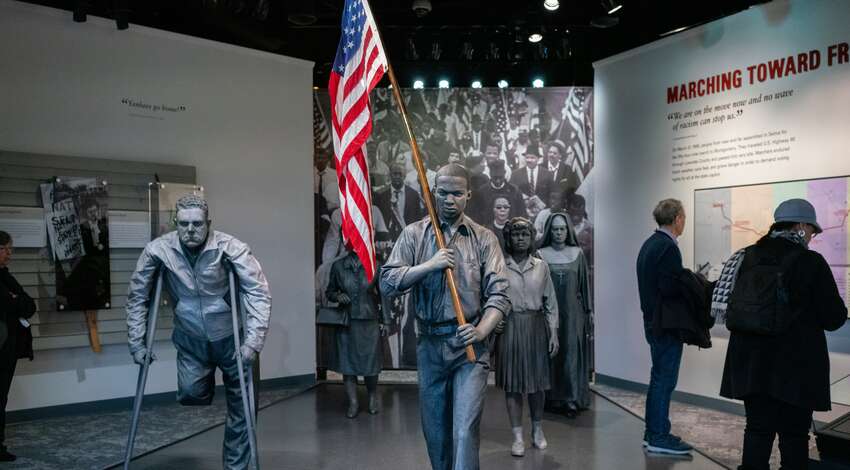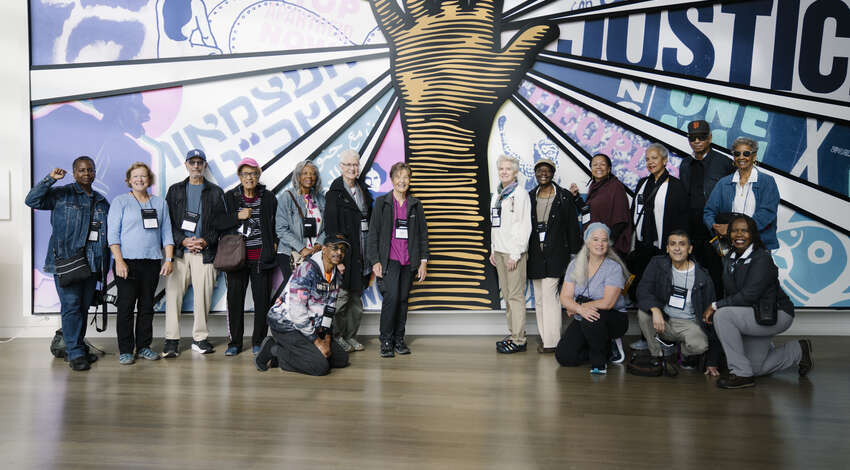Five Things You Might Not Know About Juneteenth
Juneteenth: A Time to Learn, Reflect & Celebrate
At Road Scholar, we believe learning is a lifelong journey — and that includes engaging deeply with the complex history of the United States. Juneteenth, observed on June 19, is a powerful moment to honor freedom, reflect on the legacy of slavery and celebrate Black resilience and culture.
In keeping with our commitment to respect and preserve local cultures, we’re sharing five things you might not know about Juneteenth — with humility, curiosity and deep appreciation for the stories that shape us all.

Edmund Bridge in Alabama
Five Facts You Might Not Know About Juneteenth
1. It marks a specific moment — not the end of slavery as a whole.
Juneteenth commemorates June 19, 1865, the day Union troops arrived in Galveston, Texas, and announced that enslaved people were free — more than two years after the Emancipation Proclamation. Slavery wouldn’t be formally abolished nationwide until December 1865 with the ratification of the 13th Amendment.
2. It’s been celebrated for generations.
Long before Juneteenth became a federal holiday in 2021, it was honored in Black communities across the U.S. for over 150 years. Celebrations often included parades, music, cookouts, family reunions and storytelling — all ways to preserve history and build joy and resilience.

Lowndes Interpretive Center
3. Education has always been central to Juneteenth.
Historically, Juneteenth events often included guest speakers and readings of the Emancipation Proclamation. Today, many observances continue that tradition with panels, lectures and public discussions, emphasizing the importance of learning from the past to build a better future.
4. The color red has symbolic meaning.
You’ll often see red foods and drinks at Juneteenth gatherings — like red velvet cake, hibiscus tea or watermelon. Some historians trace this tradition to West African culture, where red symbolizes strength, life, resilience and sacrifice.

National Center for Civil and Human Rights
5. Juneteenth is both a celebration and a call to reflect.
While Juneteenth is a joyful occasion, it’s also a reminder of the long delay in justice — and of the work that remains. It invites all of us to honor Black history, listen deeply and engage meaningfully with the ongoing pursuit of equity.
How are you honoring Juneteenth this year?
Whether it’s through reflection, conversation or reading something new, we hope it’s meaningful. Want to keep learning? In honor of Juneteenth, we’ve curated a special book list that explores the day’s history and legacy — and the voices that bring it to life.

